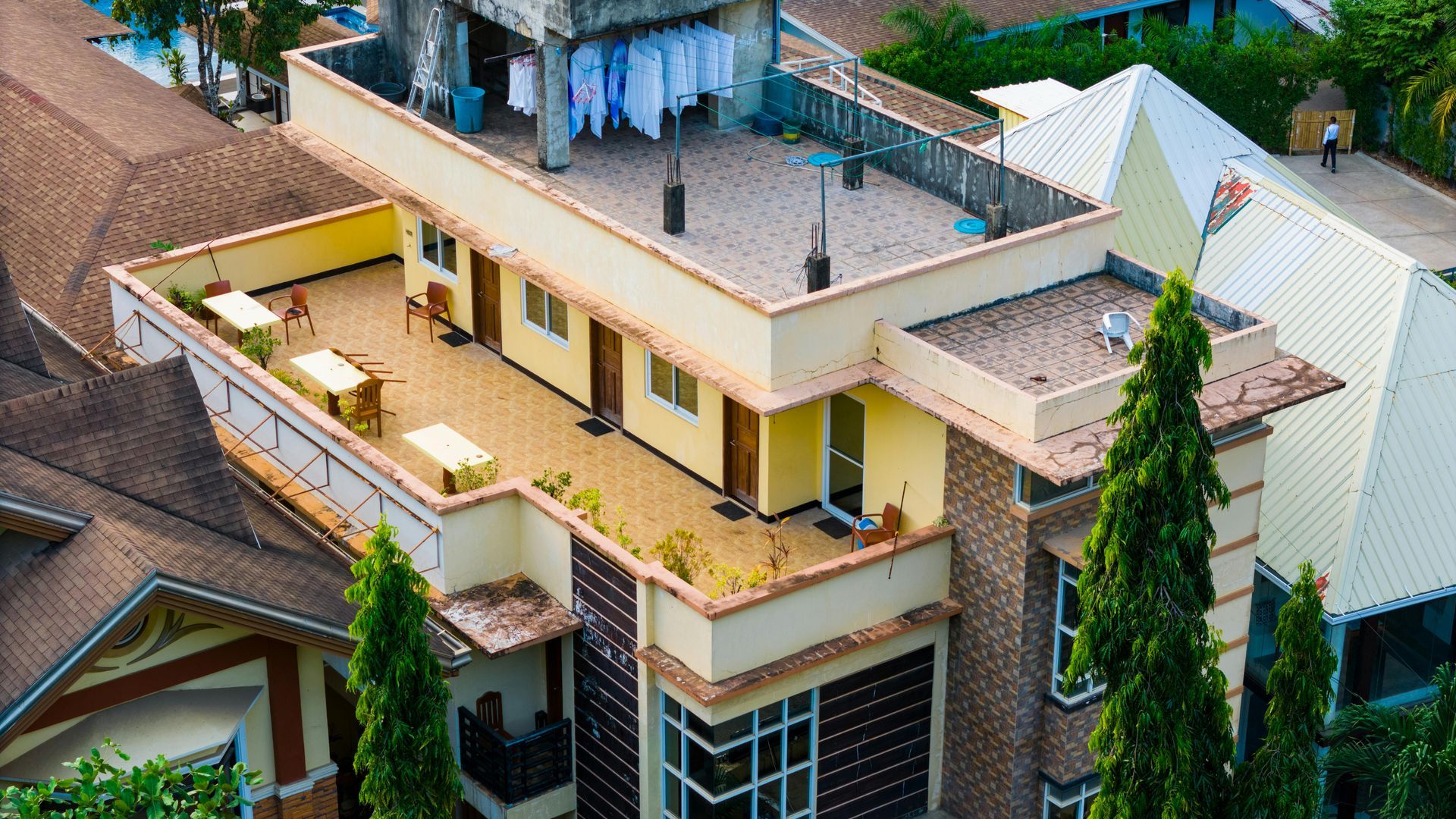
It’s a question on every potential homebuyer’s mind: Is now the right time to buy, or should I wait until 2025? With economic uncertainty, rising interest rates, and constantly shifting property prices, many people feel stuck. However, while no one can predict the future, there are clear factors to consider when deciding whether to jump into the property market today or hold off.
Key Factors to Consider Before Buying a Property
Before you decide, ask yourself: Am I financially and personally ready to buy a home now?
Let’s break down the key factors that could affect your decision.
1. Interest Rates
Interest rates have been a hot topic lately. With the Reserve Bank of Australia (RBA) raising rates to combat inflation, many people expect rates to start dropping in 2025. But what does this mean for buyers today?
If you purchase now with a variable rate loan, you could benefit from falling rates next year, potentially reducing your mortgage repayments over time. But it’s essential to be prepared for the current costs of borrowing. Some experts predict that locking in a property before rates drop could save you money, as property prices may continue to rise.
2. Employment and Job Security
Job security is crucial when considering a major financial decision like buying a house. Fortunately, Australia's unemployment rate remains at historic lows, which is good news for buyers.
However, slight increases in unemployment are expected in the near future as the economy slows. While this could potentially dampen buyer confidence, the government's investment in job creation across various sectors remains strong. If you feel secure in your job, now could be a good time to make the move.
3. Population Growth and Migration
Australia’s growing population and high levels of immigration continue to fuel demand for housing, particularly in major cities like Sydney, Melbourne, and Brisbane. This demand has kept prices buoyant even during periods of economic uncertainty.
Migration trends, both domestic and international, also affect property demand. In 2022-23, many residents from Sydney and Melbourne relocated to Queensland, causing property prices to rise there. Similarly, overseas migration has boosted housing demand in urban centres, particularly in proximity to workplaces and universities.
4. Infrastructure Development
Ongoing infrastructure development can significantly impact property prices. State governments across Australia are currently undertaking major transport and infrastructure projects, which improve access to certain areas and drive property values higher.
For example, newly developed transport links or amenities in outer suburbs can make previously overlooked areas highly desirable for homebuyers and investors. Keep an eye on these trends to identify suburbs where growth is likely.
5. Consumer Sentiment
Consumer sentiment plays a crucial role in the housing market. If buyers are optimistic about their financial futures, demand for property rises, pushing up prices. Conversely, a dip in confidence can lead to a slowdown in the market.
At the moment, many buyers are wary due to interest rate hikes, but as sentiment improves with stabilising rates, competition for properties could intensify.
6. Local Market Conditions
Don’t forget that the property market varies significantly between regions. While some areas may see rapid price increases, others may experience stagnation or even declines. Research the local market thoroughly before making a decision. Look at factors like supply and demand, vacancy rates, and employment levels in the area to ensure you're making an informed choice.
7. Financial Readiness
Financial readiness is one of the most critical factors when deciding whether to buy a property. Evaluate your credit score, savings, employment stability, and borrowing capacity before jumping in.
Many people find that the size of the deposit is the biggest hurdle when entering the market, and it often discourages them from taking the first step. Some buyers are increasingly turning to the "Bank of Mum and Dad" for help with the deposit, enabling them to enter the market sooner than expected.
8. Personal Circumstances and Long-Term Goals
Your personal goals and circumstances should also play a key role in your decision. Ask yourself whether you're looking to buy a home to live in or as an investment. If it's an investment, long-term growth potential and rental income are vital factors to weigh up against short-term market fluctuations.


Pros and Cons of Buying Now
If you’re considering buying in 2024, let’s explore some of the benefits and risks:
Advantages of Buying Now:
- Current market opportunities: With property prices continuing to rise, buying now might mean locking in a better deal than waiting.
- Equity building: By purchasing now, you can start building equity in your home and enjoy the benefits of homeownership sooner.
- Robust rental demand: Given the rental crisis, securing an investment property could provide strong rental income and help meet housing demand.
- Stability: Compared to other investments, property remains a stable option, even with market fluctuations.
- Government incentives: First home buyer schemes and grants continue to be available, offering financial assistance to buyers.
Risks of Buying Now:
- High prices: In some areas, property prices are high, which could lead to higher entry costs and the risk of overpaying if the market corrects.
- Reduced borrowing capacity: With higher interest rates, borrowing capacity has decreased, potentially limiting your options.
- Long-term investment: Property is less liquid than other investments, so be prepared for a long-term commitment.
The Case for Waiting Until 2025
If you’re thinking of waiting, here are some potential benefits and risks:
Benefits of Waiting:
- Possible price adjustments: Uncertainty before the next federal election may create opportunities as the market pauses, though a major correction is unlikely.
- More time to save: Higher interest rates may allow you to build a larger deposit, improving your financial position.
- Increased supply: There may be more properties available on the market, offering greater choice for buyers.
Risks of Waiting:
- Timing the market: Attempting to predict the market can backfire, as rising demand may push prices higher than expected.
- Lost equity: Delaying your purchase means missing out on building equity now and the associated long-term benefits of property ownership.
- Rising demand: More buyers entering the market in 2025 could lead to greater competition and potentially higher prices.
There’s no one-size-fits-all answer to whether you should buy now or wait until 2025.
Your decision will depend on your financial readiness, long-term goals, and current market conditions. Remember, property is a long-term investment, and the best time to buy is when you’re financially prepared and have found the right opportunity.
As Warren Buffet famously said, "Be fearful when others are greedy and greedy when others are fearful." So, if you're in a position to buy, now could be the perfect time to secure a property before competition intensifies.
At PB Property, we make sure to stay updated on the latest trends, so we can help guide you through your property journey and make informed decisions, no matter what the market looks like.
share to



